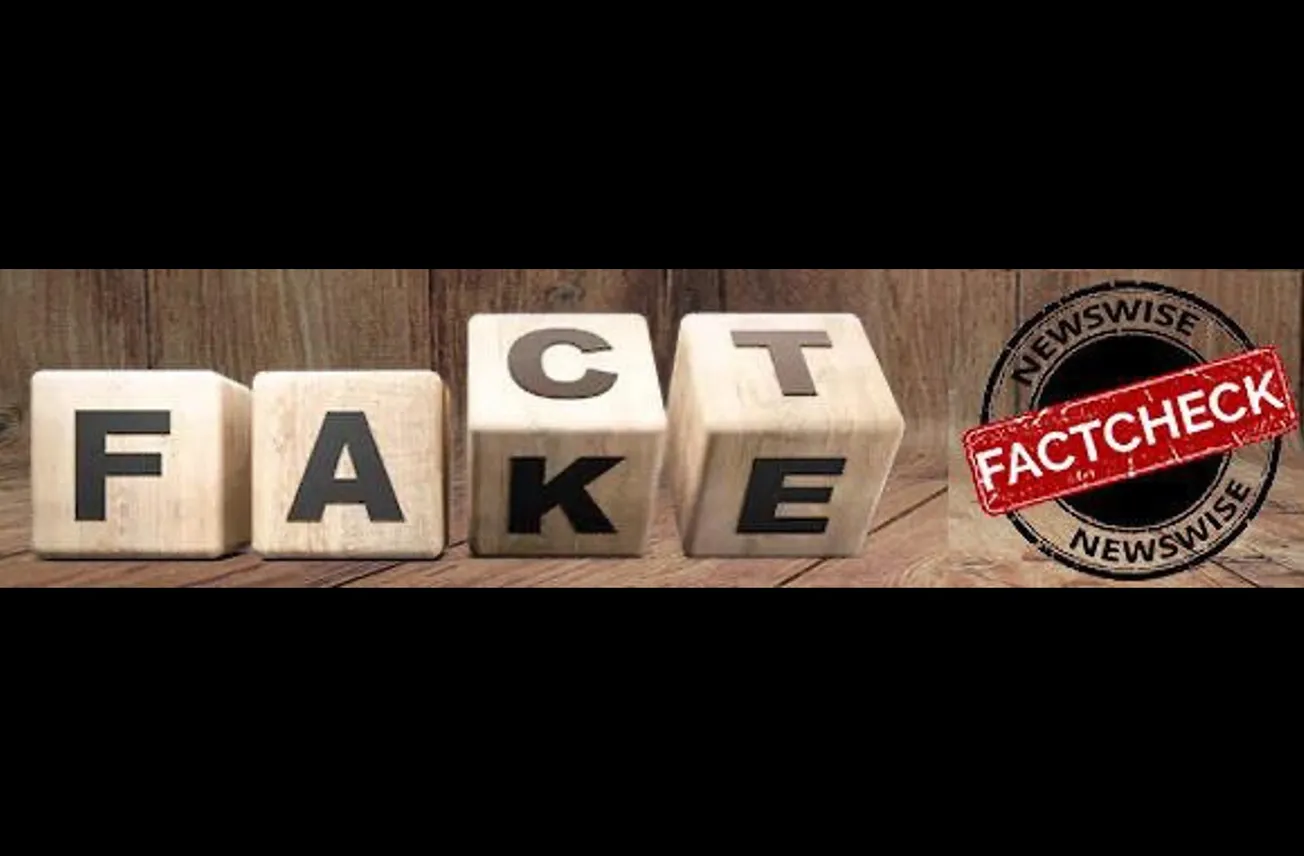Truthfulness: False |
Claim:“The Biden administration has extended the mask mandates on airplanes for another thirty days. (It was expiring March 18th). Aside from the fact that masks do nothing, what imbeciles are still in favor of this mandate? If you truly think masks work you can wear one like an idiot.” Claim Publisher and Date: Clay Travis on Twitter on 2022-03-10 |
Political commentator and radio host Clay Travis expressed his disdain for the federal mask mandates for travel on commercial airlines. He tweeted on March 10, "The Biden administration has extended the mask mandates on airplanes for another thirty days. (It was expiring March 18th). Aside from the fact that masks do nothing, what imbeciles are still in favor of this mandate? If you truly think masks work you can wear one like an idiot." We rate the claim that "masks do nothing" as false. It has been proven that masks have helped prevent the spread of SARS-COV-2, the virus that causes COVID-19. Several studies have shown that widespread mask-wearing is associated with reductions in disease transmission of COVID-19.
Back in September, Dr. Julie Swann, A. Doug Allison Distinguished Professor and Department Head at NC State University debunked another claim that masks don't block the COVID-19 virus.
Laboratory experiments show that face masks can be effective at blocking aerosols and droplets, within which virus particles can be carried (like a small yolk inside an egg). More aerosols (and thus virus particles) are blocked by face masks of high quality or appropriate fabrics, such as masks containing multiple fabric layers, or ones containing special non-woven materials, which can trap particles like a fly in a spider web. Masks are more effective at blocking particles if they fit well on the face, without gaps around the edges that may occur in a simple disposable mask. Masks are especially helpful at stopping droplets from the wearer, although they can also reduce some droplets from coming to the wearer.
Laboratory experiments show that face masks can be effective at blocking aerosols and droplets, within which virus particles can be carried (like a small yolk inside an egg). More aerosols (and thus virus particles) are blocked by face masks of high quality or appropriate fabrics, such as masks containing multiple fabric layers, or ones containing special non-woven materials, which can trap particles like a fly in a spider web. Masks are more effective at blocking particles if they fit well on the face, without gaps around the edges that may occur in a simple disposable mask. Masks are especially helpful at stopping droplets from the wearer, although they can also reduce some droplets from coming to the wearer.
More recently, a study in Pediatrics demonstrated how school districts with universal masking were less likely to experience COVID-19 spreading in their schools when compared to school districts with optional masking. Read the release from Duke Health here.
As mentioned in this news release by Chalmers University of Technology, a study published in January in the Journal of The Royal Society Interface, revealed through modeling that using a face mask reduced the risk of a person spreading the infection significantly.
A person talking without a face mask can spread infected droplets one meter away. Should the same person cough, the drops can be spread up to three meters and if the person sneezes, the spread distance can be up to seven meters. But using a face mask, the risk of spreading the infection decreases significantly.
Masks wearing can be a courtesy for immunocompromised folks, who are particularly vulnerable from getting severely sick from COVID-19. This hardly seems like wearing a mask makes you an "idiot," as Travis implied.
According to Michael Lin, MD, MPH at Rush University, "wearing a mask is especially important if you have a weak immune system, even if you are vaccinated."
Masks are widely considered an important first-line defense against airborne transmission of the disease, as is supported by a preponderance of evidence. For blocking the virus, the superiority of respirator masks, such as the N95, is undisputed, as data shows they stop 95% of airborne particles, according to the Centers for Disease Control and Prevention.
--30--







